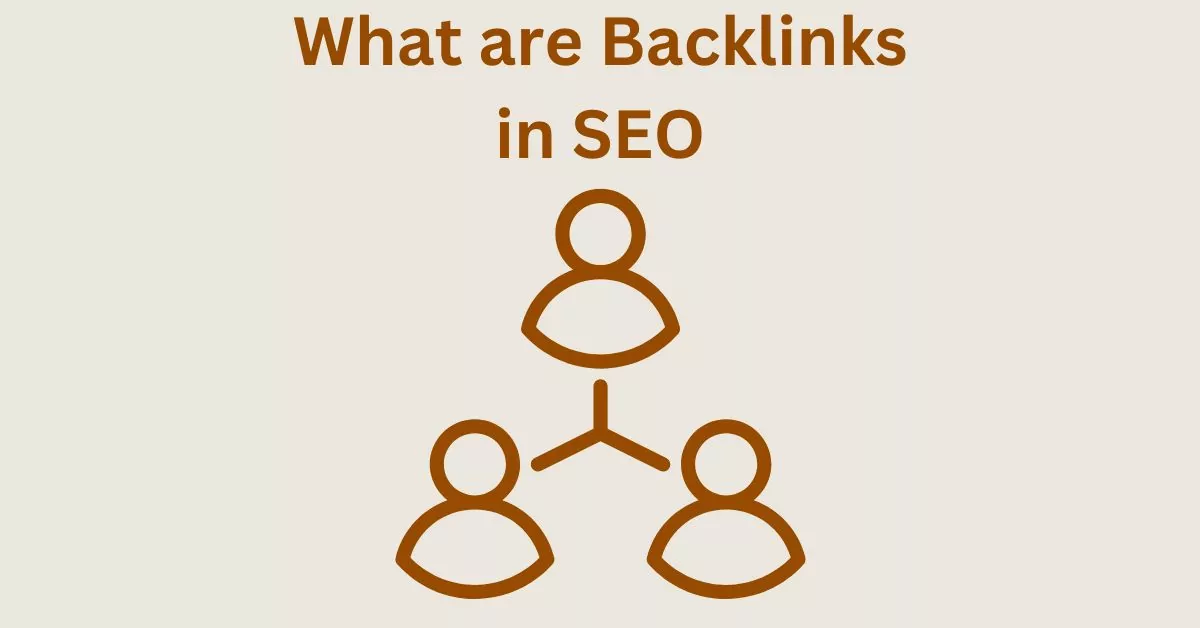Backlinks Basics: What They Are and Why Your Website Needs Them
Estimated reading time: 4 minutes
Last updated on May 21st, 2024 at 07:58 am
Imagine you’re at a party, and someone says, “Hey, have you checked out that new cafe? It’s amazing!”
That recommendation is like a backlink for the cafe. Now, apply this to websites.
A backlink is when another website gives a virtual thumbs-up to yours by linking to it.
It’s like a vote of confidence, saying, “This site is cool!”
Just like real-life recommendations, Google sees these backlinks as a sign that your site is trustworthy and worth showing to others.
Did you know that 99.2% of top-ranking websites on Google have at least one external link pointing to them?
What exactly are Backlinks?
Imagine you’re at a party, and someone mentions a great book they read.
You might be curious and check it out later, right?
Well, backlinks are like recommendations from other websites.
They’re links from one site to another.
When a site links to yours, it’s like a vote of confidence or a referral.
It says, “Hey, this site is worth checking out!”
Did you know that pages with at least one backlink have 77% more chances of getting indexed by Google?
The Importance of Backlinks
Think of backlinks as trust signals for search engines like Google.
They see links to your site as votes of confidence.
The more quality backlinks your site has, the more credible and trustworthy it appears.
Studies show that websites with more quality backlinks tend to rank higher in search results.
In fact, 91% of web pages never get organic traffic from Google because they have zero backlinks.
How do Backlinks Work?
Imagine your website is throwing a party, and everyone is invited.
Backlinks are like people talking about your party outside.
The more people who say good things about your party, the more others want to join.
Similarly, when other websites link to yours, it tells search engines that your site is popular and worth checking out.
This popularity boost helps your site climb the Google ranks.
In fact, Google confirmed that backlinks are one of the top three ranking factors!
Types of Backlinks in SEO
There are different types of backlinks, just like there are different types of recommendations.
Some backlinks come from friends (websites in your niche), and others come from respected experts (high-authority sites).
The best ones are like recommendations from famous chefs in the cooking world.
These are called high-quality backlinks.
On the other hand, low-quality backlinks can be like getting a recommendation from someone who doesn’t know much about food.
It’s essential to focus on quality rather than quantity.
About 55.24% of websites have at least one backlink, but it’s the quality that really matters for improving your site’s credibility and visibility.
Quality vs. Quantity of Backlinks
Picture this: you have two baskets of apples.
In one, you have 100 tiny, not-so-tasty apples.
In the other, you have 10 big, juicy, and delicious apples.
Which basket would you pick?
It’s the same with backlinks.
Having lots of them is good, but having quality ones is even better.
Google values the quality of backlinks over the quantity.
One good backlink from a reputable site can be more powerful than several from less trustworthy ones.
In fact, a study found that websites with quality backlinks rank higher on search engines and get more organic traffic.
It’s not about the number, it’s about the quality of the recommendations!
To check backlinks, I recommend getting Semrush free trial.
How to Build High-Quality Backlinks in SEO?
Building quality backlinks is like making friends in high places.
You want connections that matter.
Guest posting on reputable sites, creating shareable content, and engaging in influencer outreach are all strategies to get those valuable backlinks.
It’s not about getting as many as possible, but about getting the right ones that vouch for your website’s credibility and authority.
In fact, 61% of website owners say that building high-quality backlinks is the most challenging part of SEO, showing just how important they are in the online world.
Wrapping Up
Backlinks are like the building blocks of trust and credibility on the internet.
They’re the connections that help search engines understand which websites are worth showing to users.
By acquiring high-quality backlinks, you can improve your website’s chances of being seen and trusted by both search engines and visitors.
Building a strong backlink profile takes time and effort, but the payoff can be significant.
So, take the time to build a solid backlinking strategy, and watch your website’s search engine rankings and traffic grow.
